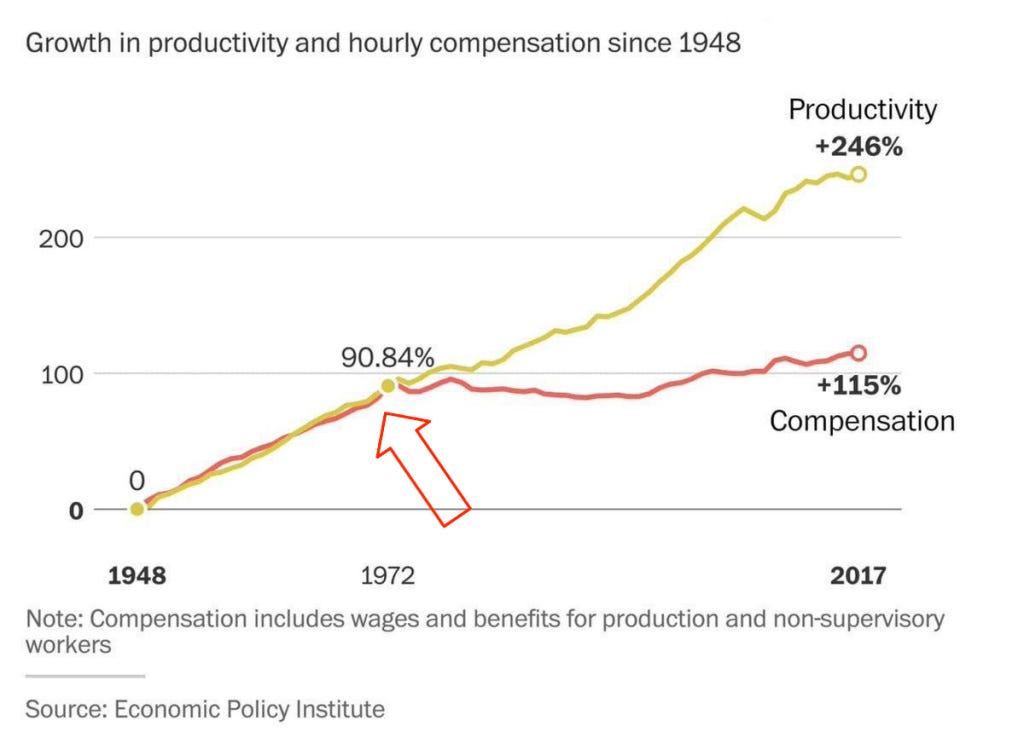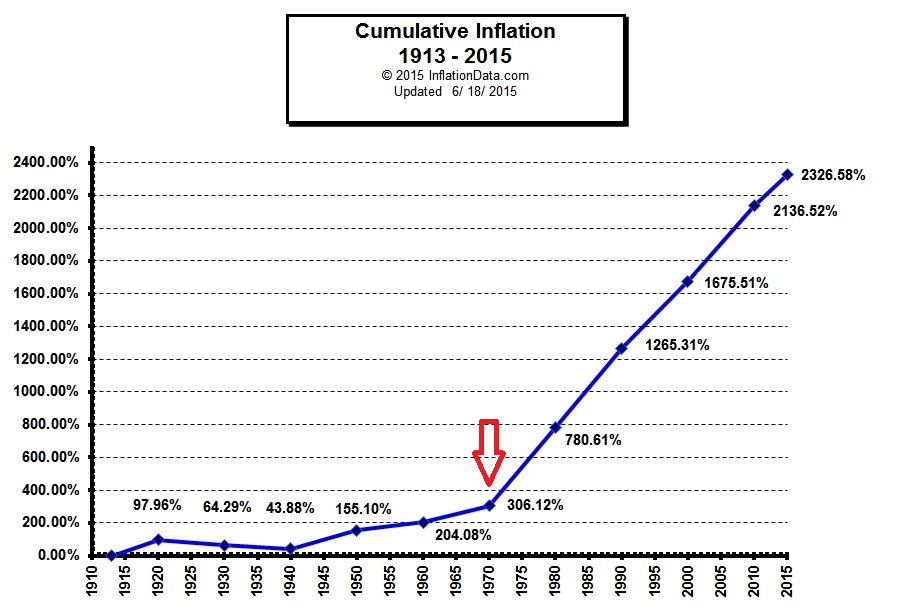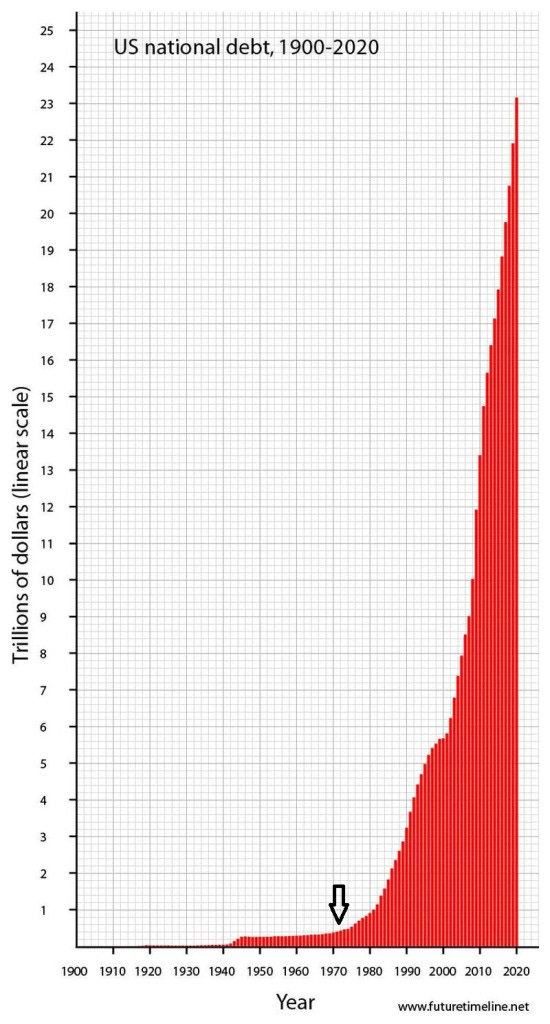Hi everyone,
Tomorrow is the first day of Actions Towards Progress, a digital event focused on precise actions that individuals can take to unlock more progress in the world. Over the last month I’ve reached out to dozens of scientists, researchers, and entrepreneurs to hear their thoughts on how we can improve our world. This week, they’ll be sharing those ideas publicly. I can’t wait.
I’m doing this because I believe in determinate optimism. I believe that the world can get better, but we need to make it happen. Sharing ideas is just the first step. We still need to rally support, gather resources, and encourage talented individuals to work on hard problems. If this type of thing interests you, I’d love to hear about what you’re working on. You can reply to this email directly or reach out to me on Twitter.
What’s New From Me:
🔒 Twitter is a professional social network: My Twitter profile is one of the best networking tools that I’ve ever had. I wrote a short piece for subscribers explaining why Twitter is the best professional social network available and how I use it.
In This Week’s Edition:
[✏️ Writing]
Effective communication never goes out of style. I keep this guide pinned and reread it when I catch myself falling into bad habits. If you enjoyed this, I highly recommend two books:
On Writing by Stephen King
On Writing Well by William Zinsser
Lindy score: ~2050
[📈 Economics]
One of the big questions in the progress studies community is whether or not we are experiencing slowing technological growth. The digital revolution brought us a wave of innovation in computers and information technology, but other areas have fallen behind. Supporters of this theory often apply “the living room test” - go into any room in your house, remove the screens, and add up all of the innovations which are significantly different than what existed in the 70s. The reality is that many of the objects we use today are not much different from fifty years ago.
This website, helpfully titled “Wtf happened in 1971” assembles a collection of interesting data that seems to correlate slowing economic growth with the year 1971. I’ve pulled out a few of my favorites here.



Lindy score: ~2070
[📚 Books]
If you want to have an interesting life, fill your to-do list with interesting things. I am struck by how much time Leonardo DaVinci spent doing things for no reason other than to satisfy his own curiosity. One of his to-do lists, buried in the pages of a 15th century notebook, is a perfect example of this.

This notebook page, written in Leonardo’s right-to-left handwriting, lists the things that he felt were worth working on. They include:
Calculate the measurement of Milan and Suburbs
Get the master of arithmetic to show you how to square a triangle.
Get Messer Fazio (a professor of medicine and law in Pavia) to show you about proportion.
Get the Brera Friar (at the Benedictine Monastery to Milan) to show you De Ponderibus (a medieval text on mechanics)
Draw Milan
Ask Maestro Antonio how mortars are positioned on bastions by day or night.
Examine the Crossbow of Mastro Giannetto
Find a master of hydraulics and get him to tell you how to repair a lock, canal and mill in the Lombard manner
The full article is here. If you’re looking for a deeper look into his life, the canonical biography by Walter Isaacson is worth a read.
Lindy score: ~2500
Thanks for reading,
Phil
Sunday Scaries is a newsletter that focuses on content that has stood the test of time. Because of The Lindy Effect, the topics covered will still be relevant in the future. You can subscribe by clicking the link below. 👇





